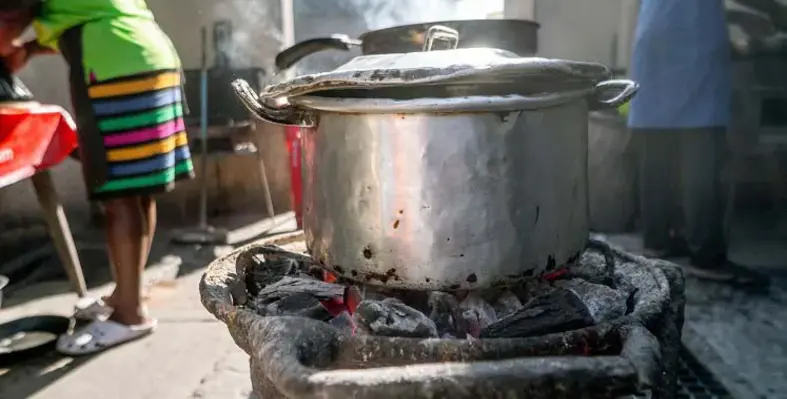The International Energy Agency (IEA) has stated that one of its key priorities for 2024 is to improve clean cooking in Africa
The organisation has targeted this problem due to the major energy issue it presents, alongside its health, gender and environmental consequences and made the reaffirmation in light of its recent Global Methane Tracker report.
The findings from the IEA showed the methane emissions from the energy sector remained near a record high in 2023. The report found that the production and use of fossil fuels resulted in close to 120 million tonnes of methane emissions in 2023, a small rise on 2022. At the same time, emissions from methane remain too high to meet international climate targets, with methane emissions from fossil fuels needing to decline by 75% this decade in order to limit global warming to 1.5°C.
However, the report was not completely sombre as the IEA also highlighted that the efforts to cut methane emissions are set to accelerate in 2024 and beyond. Moreover, if all methane pledges made by countries and companies are fulfilled, it would be sufficient to cut methane emissions from fossil fuels by 50% by 2030.
Clean cooking in Africa
Focusing on the Africa, the IEA has identified the lack of access to clean cooking as a real problem for the reducing emissions from the continent (four in five people cook over open fires or on basic stoves there).
As such, the organisation recently held a high-level workshop in Paris which discussed the opportunities and challenges facing clean cooking in Africa and focused on shaping concrete outcomes for the Summit on Clean Cooking in African on 14 May. Here, Mary Burce Warlick, the IEA’s deputy executive director, and Dymphna van der Lans, CEO of the Clean Cooking Alliance, highlighted how the toxic smoke that comes from burning coal, charcoal, firewood and agricultural waste is a leading cause of premature deaths among women and children globally, not to mention the environmental damage it causes.
The May Summit, which will be hosted in Paris alongside the African Development Bank, will be co-chaired by President Samia Suluhu Hassan of Tanzania, Prime Minister Jonas Gahr Støre of Norway and the IEA’s executive director, Fatih Birol.
“With US$4bn a year between now and 2030, we can deploy the stoves and fuel delivery infrastructure needed to reach universal access to clean cooking in sub-Saharan Africa,” Birol said at the Paris workshop. “It will require strong national leadership and programmes that are underpinned by financial support from both development institutions and the private sector. The cost of reaching universal access is small, but its impacts can be transformative for the lives of Africa’s citizens and communities.”












